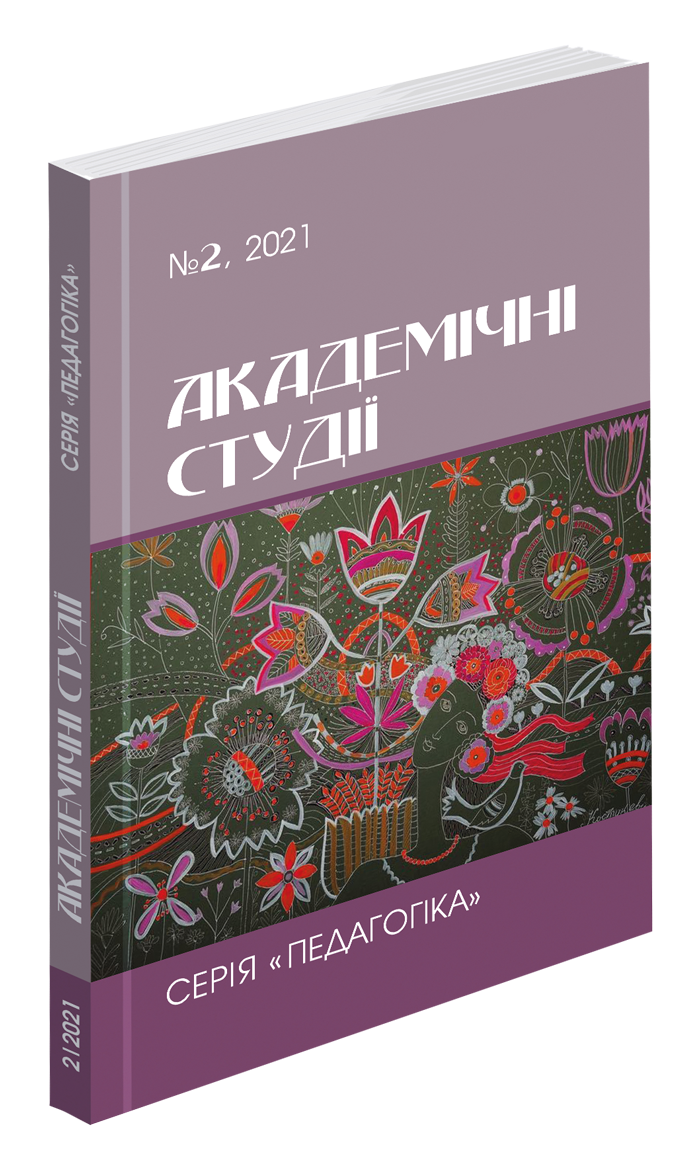Abstract
The article is devoted to understanding the essence of learning technology through research and training of future teachers to use it in practice activities. The use of elements of this technology in primary school allows students to join in creative activities, to be interested in activities. Many educators believe that the use of learning technologies in the study needs necessity, because the teacher must be the organizer, observer, researcher of the team and each child individually. Therefore, it is very important that students acquire research skills while still in an educational institution. Analyzing the formation and development stages of research work, we can say that the origin came from the creation of scientific circles, which initially had a scientific, entertainment or political nature. Later, scientific offices, laboratories, and libraries began to be established. After the university reform, scientific societies were organized to stimulate students' scientific and cognitive activities, the purpose of which was to deepen the study of various aspects of science. Writing of term papers, diploma theses, participation in conferences, round tables, competitions of scientific works is widely used in modern institutions of higher education. All this contributes to the activation of the creative scientific potential of each student. The main directions of work and student`s preparation for the implementation of learning technology through research in working with primary school children are analyzed on the example of the student scientific society “Academy” of The Municipal Higher Educational Institution “Lutsk Pedagogical College” of the Volyn Regional Council . It is noted that the number of participants increases every year, which indicates the interest of students and the desire to learn. It is determined that the teacher should promote the development of children's abilities, involve in research work, not be afraid to experiment, create favorable conditions for learning. This is possible when he is able to research and use this technology in practice by himself.
References
Жук Л.В. Наукові дослідження у вищих навчальних закладах: сутність, значення та перспективи. Вісник Національного університету «Львівська політехніка». Серія: Проблеми економіки та управління, 2017. № 873. С. 146–153.
Ничкало Н., Роман Р. Професійна освіта України у світовому контексті. Рідна школа, 1996. № 9. С. 58–60.
Савченко О.Я. Шкільна освіта як замовник підготовки майбутнього вчителя. Рідна школа, 2007. № 5. С. 5.
Сластёнин В.А., Мищенко А.И. Профессионально-педагогическая подготовка современного учителя. Советская педагогика, 1991. № 10. С. 79–84.
Статут наукового товариства «Академія» Луцького педагогічного коледжу від 23.09.2020. Retrieved from https://drive.google.com/file/d/1NFzXvcdny-72uGg5wcVtH_6YBMOsgmGfS/view (дата звернення: 21.03.2021) 6. Сухомлинський В.О. Сто порад учителеві: у 5 т. Київ : Рад. школа. Т. 2. 1976. С. 511–512.
Шквир О.Л. Дослідницька діяльність учителя сучасної початкової школи. Педагогіка формування творчої особистості у вищій і загальноосвітній школах, 2016. Вип. 49. С. 286–292.
Bergmark, U. (2020). The role of action research in teachers’ efforts to develop research-based education in Sweden: intentions, outcomes, and prerequisite conditions. Educational Action Research, 1-18.
Cinici, A. (2016). Pre-service teachers’ science teaching self-efficacy beliefs: the influence of a collaborative peer microteaching program. Mentoring & Tutoring: Partnership in Learning, 24 (3), 228-249.
